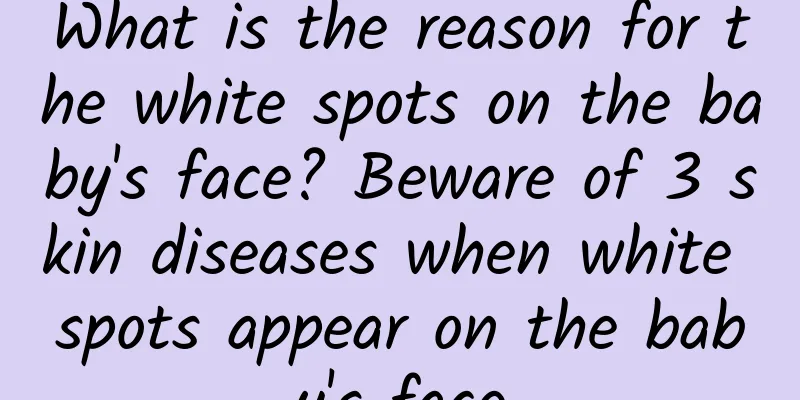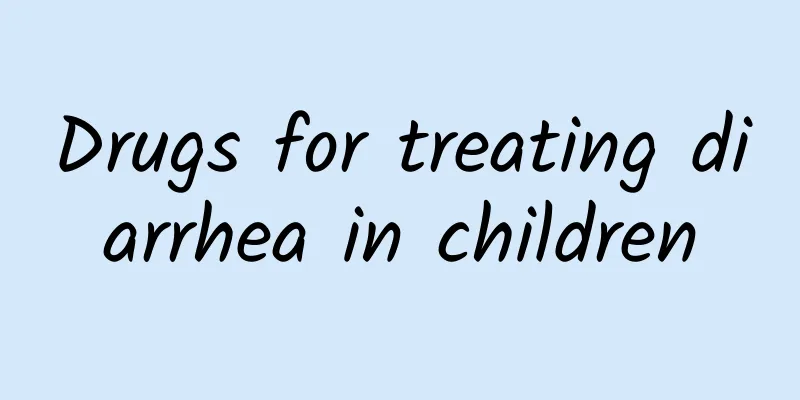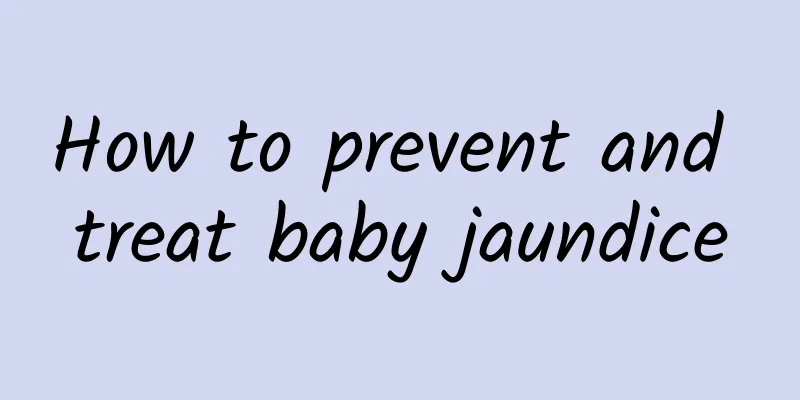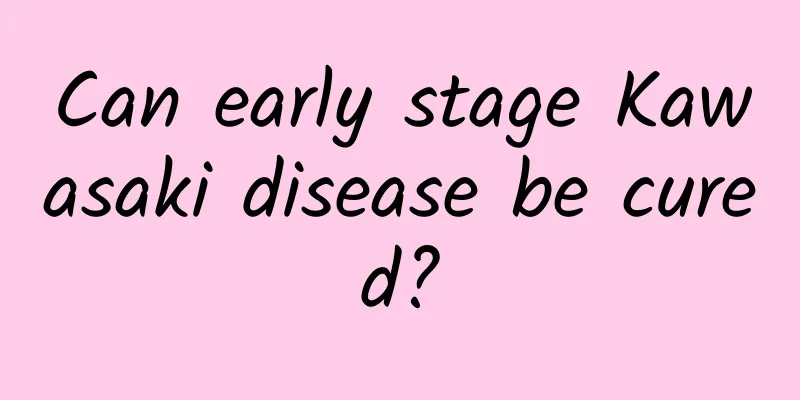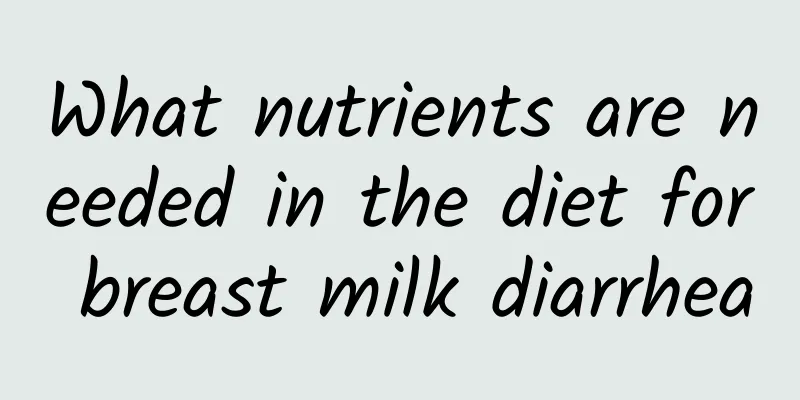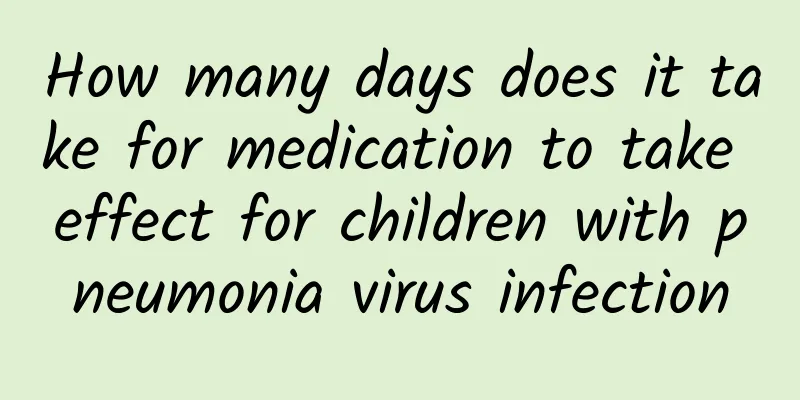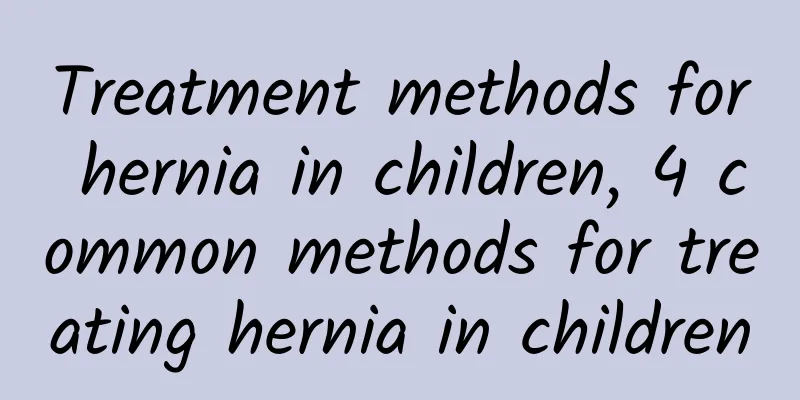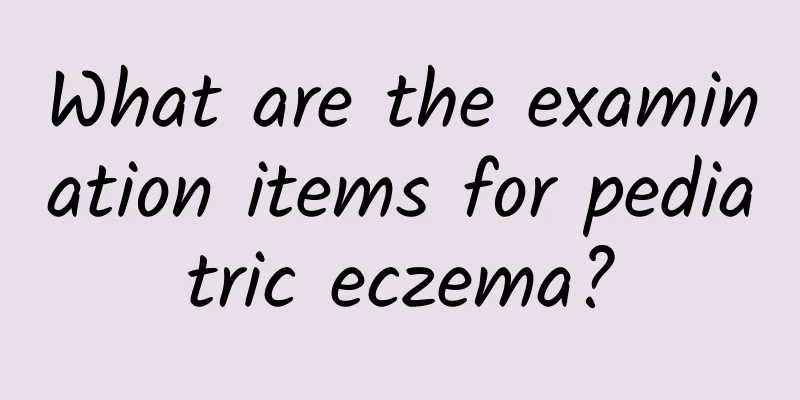What medicine should children take for acute laryngitis

|
Children with acute laryngitis need to take medication under the guidance of a doctor. Common medications include hormone drugs such as dexamethasone, anti-allergic drugs such as loratadine, and nebulizer inhalation therapy to help relieve symptoms. Home care is also very important, and symptoms can be relieved by keeping the air moist and letting children drink more warm water. 1 Commonly used drug selection Acute laryngitis in children is usually accompanied by laryngeal edema or dyspnea, and the drug selection needs to be fast and effective. Hormone drugs: such as dexamethasone injection or oral medication, can quickly reduce laryngeal edema and inflammation, and are mostly used when symptoms are severe. Anti-allergic drugs: such as loratadine, cetirizine, etc., can relieve the inflammatory response caused by allergies and are suitable for children with a history of allergies. Nebulizer inhalation therapy: Inhalation of budesonide combined with normal saline in the hospital can act directly on the throat, reduce inflammation and edema, and have fewer adverse reactions. The above-mentioned drugs need to be selected based on a doctor's evaluation and should not be used at will to avoid further harm caused by adverse reactions. 2 Home Care Methods In addition to medication, home care is also critical to relieving the symptoms of acute laryngitis in children: Increase the humidity of the air: Dry air will aggravate throat symptoms. You can use a humidifier or place wet towels in the room to maintain appropriate humidity. Ensure a mild diet: Let your child drink more warm water, avoid cold drinks or irritating foods, and protect the throat mucosa; you can also try warm honey water, but make sure your child is not allergic to honey and is at least 1 year old. Avoid irritating odors: such as smoke, fumes, etc., which will irritate children's throats, aggravate coughs or throat discomfort. The home environment needs to be kept clean and ventilated. 3. Seek medical attention immediately when symptoms escalate If a child has acute laryngitis and has the following symptoms: difficulty breathing, purple lips, inability to speak or difficulty swallowing, take the child to the hospital immediately. These may be signs of laryngeal obstruction, hypoxia, etc., and emergency treatment is required as soon as possible. Acute laryngitis in children can be greatly alleviated through a combination of medication and scientific care. Parents should pay close attention to changes in their children's condition during daily care, use medications reasonably while regulating the environment, and seek medical help in a timely manner when necessary to ensure the safety and health of their children. |
<<: How many days does it take to cure acute laryngitis in children?
>>: How to treat acute mumps in children
Recommend
What are the symptoms of ADHD?
ADHD, also known as attention deficit hyperactivi...
What are the traditional Chinese medicines for treating pneumonia in children?
Traditional Chinese medicine for the treatment of...
How to eliminate the root cause of recurrent mumps?
How to eliminate the root cause of recurrent mump...
What are the common causes of hand, foot and mouth disease in babies?
Hand, foot and mouth disease in babies is general...
How to feed babies with indigestion? These 6 foods are not good for baby's digestion
What should babies eat for indigestion? First of ...
Is acute laryngitis in children contagious? How to treat it?
Acute laryngitis in children is a non-infectious ...
What foods can supplement iron? What are the symptoms of iron deficiency?
Cherry is a good iron supplement food. It is high...
How long does it usually take for a child's cough to heal?
How long does it usually take for a child's c...
3-year-old child has diarrhea, fever, cough and runny nose
When a 3-year-old child has diarrhea, fever, coug...
What is the reason for the sunken forehead?
A sunken brow may be a small detail that many peo...
What are the treatments for polio?
When a child is diagnosed with polio, it is very ...
Are the early symptoms of polio obvious?
The initial symptoms of polio may not be obvious,...
How to cure pseudo-jaundice yellow skin? Three ways to treat pseudo-jaundice yellow skin
Pseudo-jaundice can cause our skin to look yellow...
Is acute suppurative mumps contagious?
Is acute suppurative mumps contagious? Acute supp...
What are the sequelae of kidney disease in children?
Everyone knows about the disease of childhood kid...
